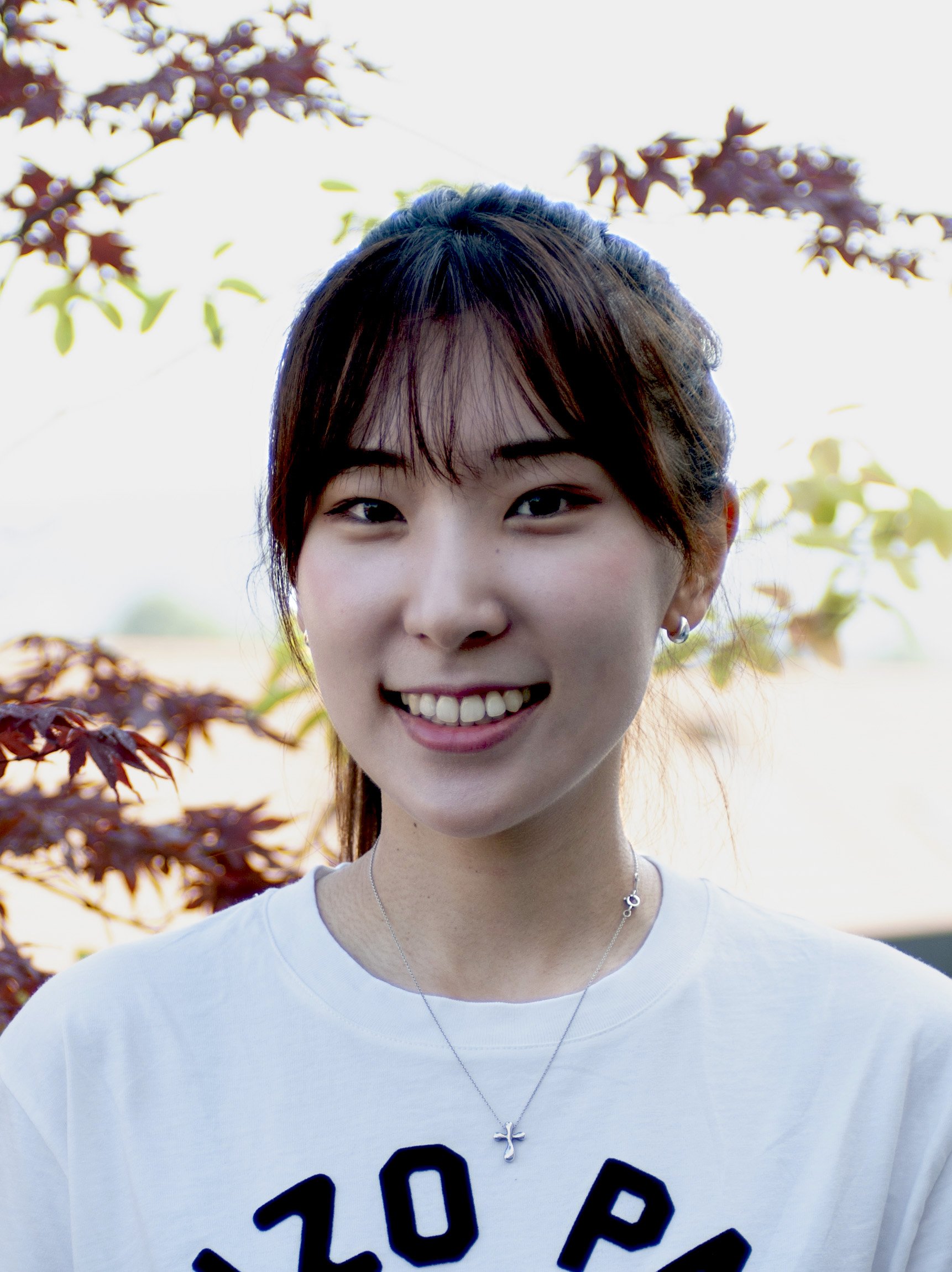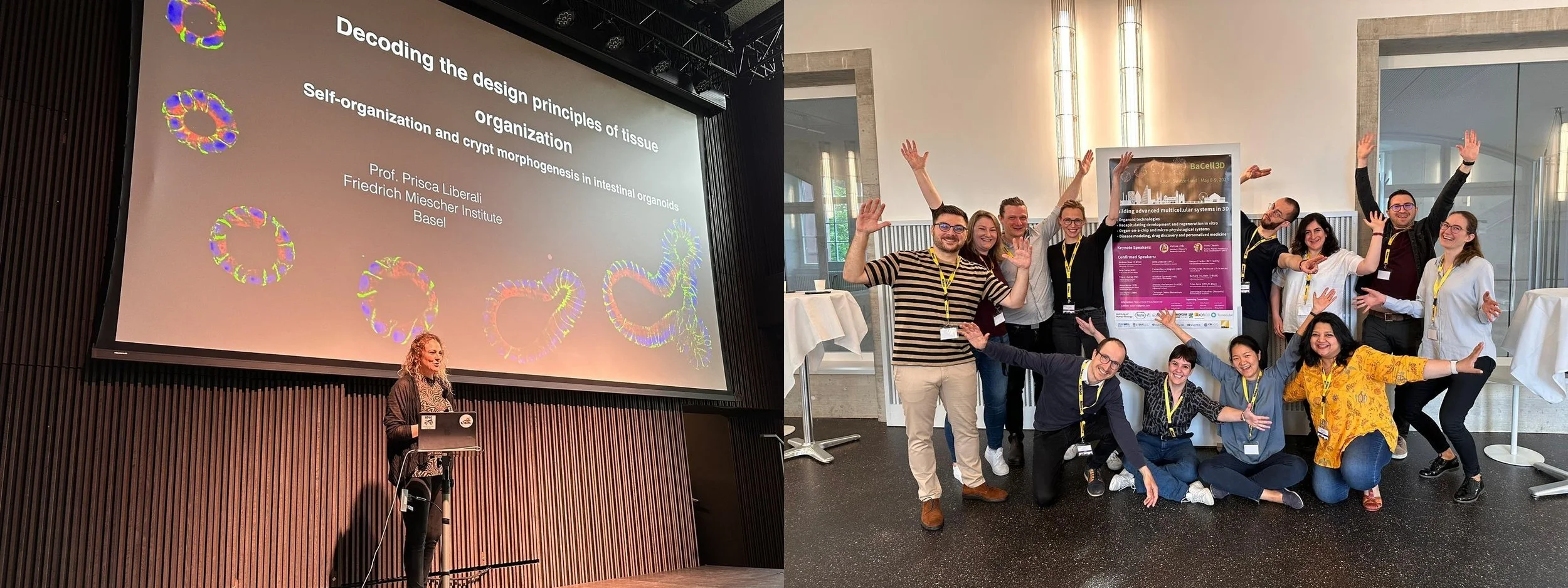Together with our colleagues from Novartis, Clara and Prisca have published a novel YAP activator called NIBR-LTSi, that they extensively validated in different in vivo and in vitro model systems. This tool will be highly valuable for research on regeneration.
Check out the publication:
Namoto K, Baader C, Orsini V, Landshammer A, Breuer E, Dinh K T, Ungricht R, Pikiolek M, Laurent S, Lu B, Aebi A, Schönberger K, Vangrevelinghe E, Evrova O, Sun T, Annunziato S, Lachal J, Redmond E, Wang L, Wetzel K, Capodieci P, Turner J, Schutzius G, Unterreiner V, Trunzer M, Buschmann N, Behnke D, Machauer R, Scheufler C, Parker C N, Ferro M, Grevot A, Beyerbach A, Lu W-Y, Forbes S J, Wagner J, Bouwmeester T, Liu J, Sohal B, Sahambi S, Greenbaum L E, Lohmann F, Hoppe P, Cong F, Sailer A W, Ruffner H, Glatthar R, Humar B, Clavien P-A, Dill M T, George E, Maibaum J, Liberali P and Tchorz J S 2024 NIBR-LTSi is a selective LATS kinase inhibitor activating YAP signaling and expanding tissue stem cells in vitro and in vivo Cell Stem Cell 31 554-569.e17




















